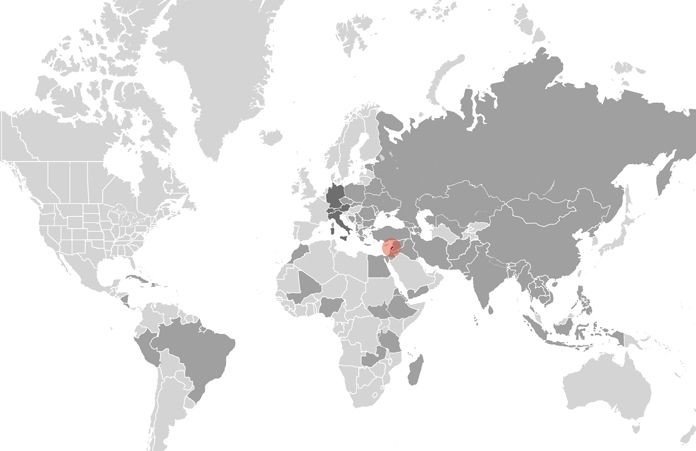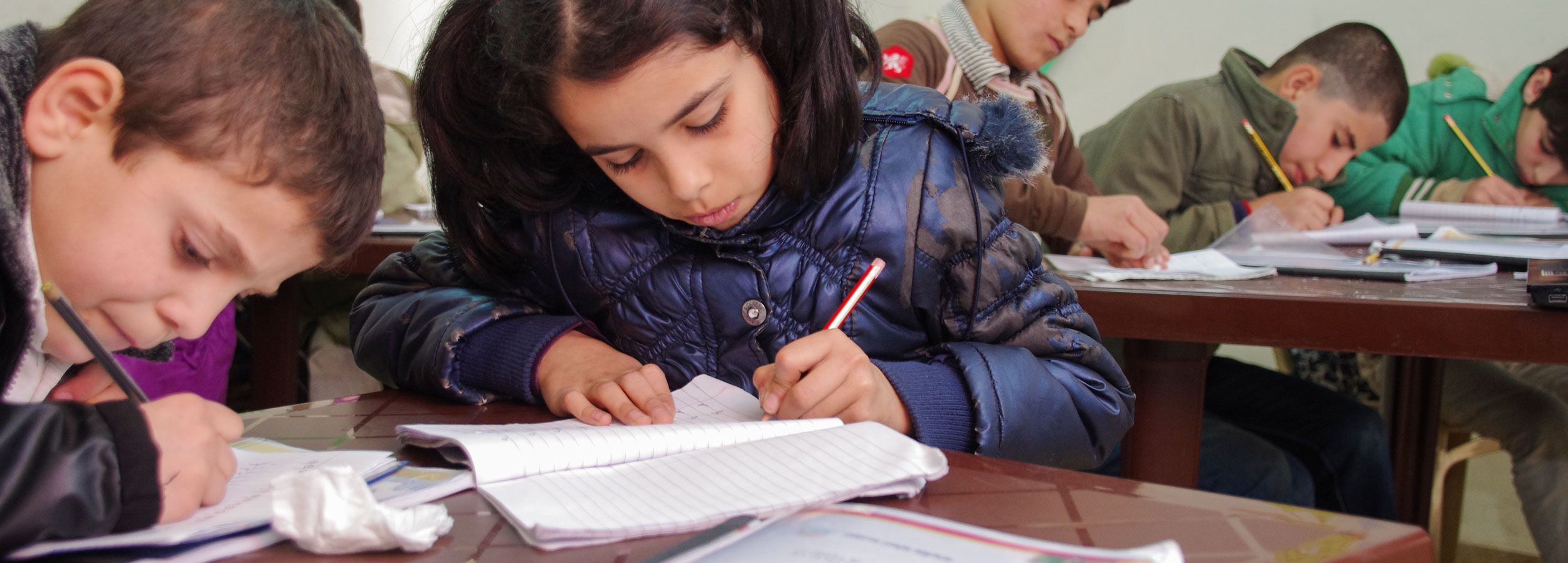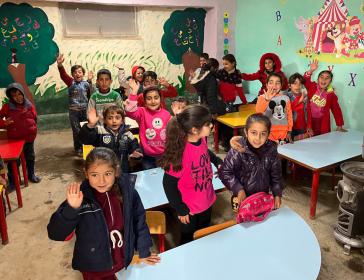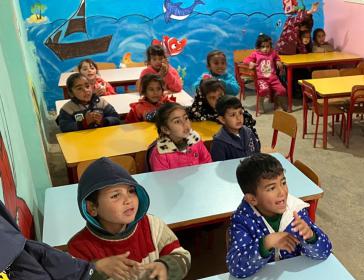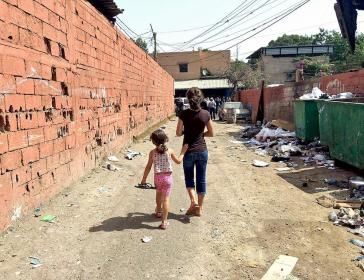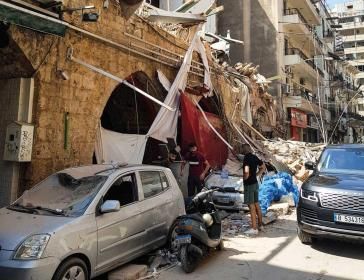Lebanon
‘I hate this country! I would love to leave it and never come back!’ Many Lebanese are thinking what this young taxi driver is saying. The deeply shattered country is on the brink of political, economic and social collapse.
After the civil war (1975-1990), the balance of power between the sometimes bitterly hostile population groups was fixed. Since then, top state posts, but also positions down to the lower administrative levels, have been allocated on the basis of a confessional system. The composition of the administration must reflect the religious and denominational make-up of the country. What appears harmonious has, however, overridden the principle of merit and opened the door to corruption among former militia and later party leaders.
The overburdened state is also home to more than 1.5 million Syrian refugees who have been living in exile in Lebanon since the beginning of the Syrian civil war. They have to be used as scapegoats for the misery. They are accused of taking away jobs and homes. But in reality, many of them are still living in precarious conditions in refugee camps and doing simple field labour. Many Syrian children are illiterate because there is no room for them in Lebanese schools.

